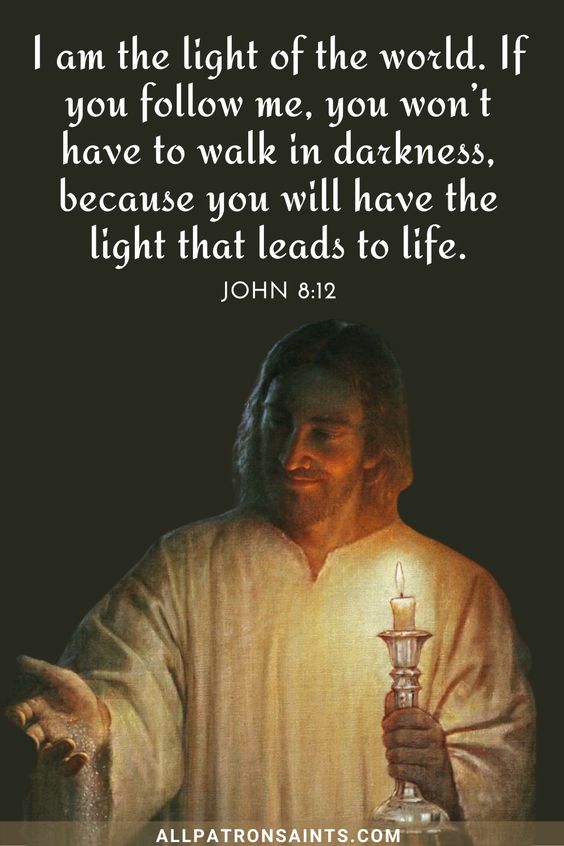SALVATION FROM SIN (FIVE)

(…continues from PART FOUR…)
5) One of the best verses that points with total unequivocalness of the security of salvation is Jude 1:1“Jude, the servant of Jesus Christ, and brother of James, to them that are sanctified by God the Father, and preserved in Jesus Christ, and called:” which needs careful study. ‘Sanctified’ is hagiazō (hag-ee-ad’-zo): ‘to separate from profane things and dedicate to God; to purify: to cleanse externally, to purify by expiation: free from the guilt of sin; to purify internally by renewing of the soul; to make holy, that is, (ceremonially) purify or consecrate; (mentally) to venerate.’ In absolute terms, nothing comes to God by surprise. Does Jesus not tell us that even before we open our mouths to pray, God already knew what we would ask Him? Before the creation of any intelligent being He already knew what each one would represent. So, before the creation of Adam, God knew by the foreknowledge faculty of His Omniscience, those who would accept Jesus and be saved. These ones He sanctified, separating them from the entrapment of Satanism.
God did not stop there, He went on to domiciliate the sanctified person of the future, serving as divine immunity; He preserved him in the refrigeration of Divinity, called Jesus Christ. Forever, the person who would, to the knowledge of God, receive Jesus as Lord and Saviour, was saved from divine condemnatory sentence: a sentence due to those who would reject the saving grace of God. The word ‘preserved’ is tēreō (tay-reh’-o): ‘to attend to carefully, take care of, to guard (from loss or injury); metaphorically to keep one in the state in which he is.’ This Greek tēreō comes from τηρός teros (a watch); to guard, properly by keeping the eye upon. The Holy Spirit made sure Jude did not use a differing phulassō (foo-las’-so): which speaks of an idea of isolation; to watch, that is, be on guard (literally or figuratively); by implication to preserve. Phulassō properly means to prevent escaping.

The Christian remains in Divine preservation of Jesus Christ
Jude was not made to employ the Greek koustōdia (koos-to-dee’-ah): ‘guard: used of Roman soldiers guarding the sepulchre of Christ; custody: that is, a Roman sentry, which implies a fortress or full military lines of apparatus), by extension to withhold (for personal ends; figuratively to keep unmarried).’ While phulassō gives the picture of cocoonery separateness, with the sole goal of stopping from escaping, as one would of a prison inmate; koustōdia on the other hand is borne out of a tyrant’s selfish propensity.
The Jews thought and believed, out of sheer disgruntlement and failure to embrace the Manna and Light from heaven, that His disciples would steal Him away to prove the disbelieving Pharisees wrong in their attitudes against Jesus. So, they asked that the tomb of Jesus to be guarded by Roman sentries, ergo, placing the Lord in Roman koustōdia. The person of Christianity is not under koustōdia neither is he like a non-active cocoon under separation of phulassō. The would-be Christian is under divine tēreō. Before one gets born again he remains in Divine preservation of Jesus Christ, so that nothing will go wrong with him till he will hear the gospel of reconciliation, heed the word of God when ‘called’ which is klētos (klay-tos’): ‘invited (to a banquet); Invited (by God in the proclamation of the Gospel) to obtain eternal salvation in the kingdom through Christ; Called to (the discharge of) some office. Divinely selected and appointed.’ The word klētos comes from klēsis (klay’-sis) which is: (specifically) a saint:’ and we know that a saint will follow his Lord at all times.

What a good God the Christian depends on for salvation! “O the depth of the riches both of the wisdom and knowledge of God! how unsearchable are his judgments, and his ways past finding out” (Romans 11:33)! Jehovah knows how Adam would bungle the responsibility of Divine repose of “And God blessed them, and God said unto them, Be fruitful, and multiply, and replenish the earth, and subdue it: and have dominion over the fish of the sea, and over the fowl of the air, and over every living thing that moveth upon the earth” (Genesis 1:28). The Creator decided to take on the full responsibility of “to dress it and to keep it” of Genesis 2:15. ‘Dress’ is `abad (aw-ɓad’): ‘1. to work (in any sense). 2. (by implication) to serve, till:’ and ‘keep’ is shamar (shaw-mar’): ‘1. (properly) to hedge about (as with thorns), i.e. guard. 2. (generally) to protect, attend to, etc.’
God took it upon His Divine Self to work and serve in the soteriological achievement; not only that, the LORD God decided to eternalize the salvation, ergo, He became the Protector and the Guardian of the Adamic new birth. “O the depth of the riches both of the wisdom and knowledge of God! how unsearchable are his judgments, and his ways past finding out!” Praise the LORD!

Jesus will give you rest only if you will receive His life. Get born again. Say this simple prayer:
“Dear heavenly Father, I come to You now in the name of Jesus Christ. I believe in my heart that Jesus is the Son of God. I believe that Jesus died on the cross for my sin. I believe that You raised Him from the dead. I confess with my mouth that Jesus is Lord and I receive Him now as my Lord and my Saviour. I give God all the glory. Amen!”
(Concluded)
Read Part FOUR here
Visits: 185
